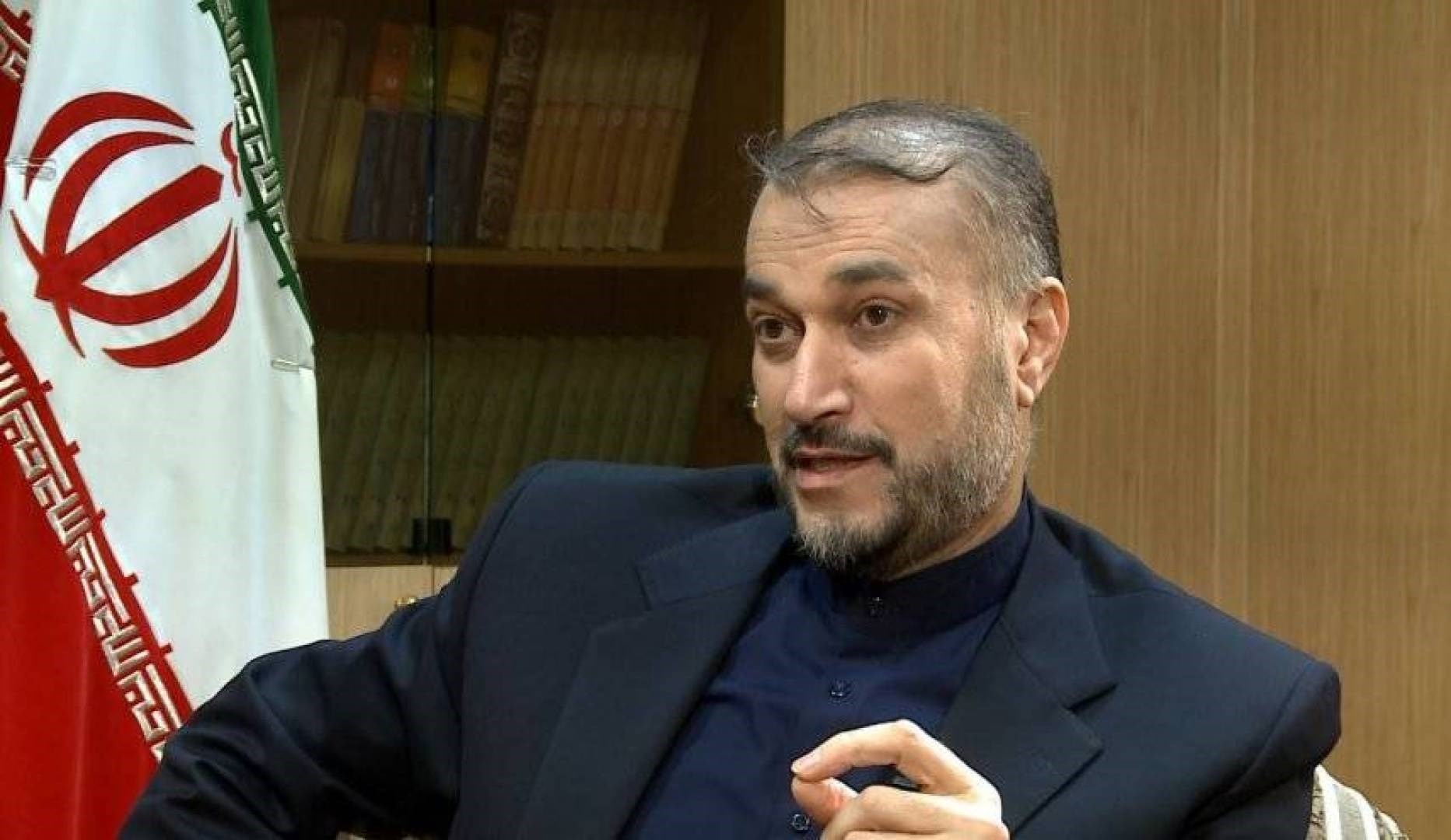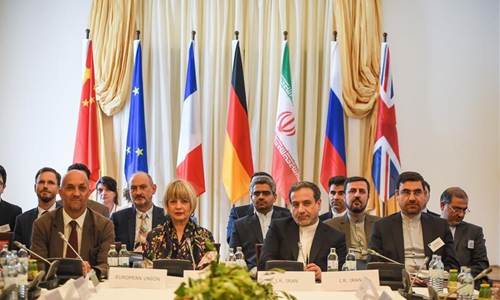Iranian Foreign Minister Hossein Amirabdollahian reviewd Vienna talks to remove sanctions against Iran and also discussed developments in Afghanistan in a meeting with editors-in-chief of Iranian media on Friday.
Amirabdollahian met the media directors for the second time as foreign minister, elaborating on the most important foreign policy issues, including regional priorities, President Ebrahim Raisi’s visit to Turkmenistan to attend Economic Cooperation Organization (ECO) summit, the situation in Afghanistan, balanced foreign policy with regards to Asia, Europe, Africa and Latin America, ties with neighboring countries, latest international developments, and the next week talks in Vienna to remove sanctions against Iran.
The media directors presented their views and suggestion on foreign policy and the upcoming Vienna talks.
According to a report. Iran’s foreign ministry reiterated Monday that its negotiating team will attend the Vienna nuclear talks “with serious determination” to remove US sanctions.
Spokesman Saeed Khatibzadeh in his weekly press briefing told reporters that Iran expects others also to attend the talks with “a serious will” to reach “a comprehensive and practical agreement.”
Talks aimed at restoring Iran’s 2015 nuclear deal (JCPOA) between Iran and world powers will resume next week in Vienna after a five-month freeze by Iran.
The new government in office since August has adopted a tough position in recent weeks demanding the United States remove “all sanctions at once” and provide guarantees not leave the agreement in the future.
Former President Donald Trump abandoned the JCPOA in 2018 and imposed fresh sanctions on Iran, which retaliated by increasing uranium enrichment and reducing international monitoring by the UN nuclear watchdog, the IAEA.
The foreign ministry spokesman refused to comment about recent media reports that the Biden Administration is entertaining the idea of an ‘interim agreement’ with Iran over the nuclear issue that would likely involve freeing some of Tehran’s frozen funds in exchange for limits on its uranium enrichment. Khateebzadeh said he would not comment on “vague speculations in the media.”
Khateebzadeh also confirmed that IAEA chief Rafael Grossi will arrive in Tehran Monday night to resolve “technical issues” and urged the international agency to stay out of politics, while saying that recent limitations on IAEA’s activities are because other countries have not condemned Israeli attacks on Iran’s nuclear facilities.
READ ALSO: Palestine: How Biden lied about reversing Trump’s policies by reopening the US consulate
Iran has not allowed the IAEA to reactivate its monitoring cameras at a facility in Karaj, near Tehran, after an apparent drone attack that Tehran blames on Israel. The facility produces centrifuge machines for uranium enrichment, that Tehran has increased to 20 and 60 percent since 2019, stockpiling more than 200 kilograms of the fissile material.
The IAEA Board of Governors is meeting this week and the French Foreign Minister Yves Le Drian called on the agency to send a strong message to Iran for its lack of cooperation with the UN watchdog. Khatibzadeh dismissed the statement as “posturing in the media” by some countries and said all the JCPOA participants should focus on removing US sanctions.
Khatibzadeh was asked by the IRGC-affiliated Fars news agency to respond to recent US statements that if the Vienna nuclear talks fail, the Biden Administration would be ready to resort to “other options”. He replied, “We have seen all the options they have and the results in Afghanistan. We don’t think they really believe what they are saying.”














